.webp)
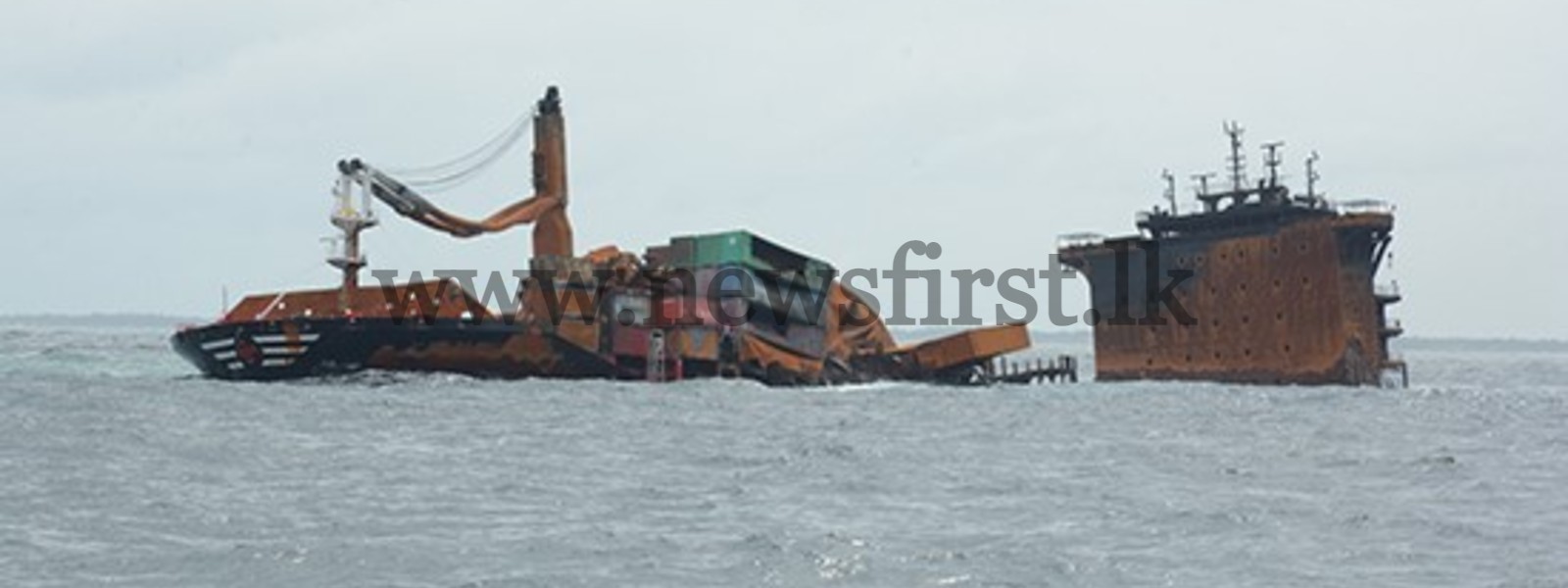
X-Press Feeders Refuses $250M Payment, Warns of “Dangerous Precedent” in Sri Lanka Oil Spill Case
COLOMBO (News 1st); X-Press Feeders, the former operator of the ill-fated container ship X-Press Pearl, has announced it will not make the initial payment of USD 250 million mandated by the Supreme Court of Sri Lanka, citing unresolved concerns over the scope and precedent of the court’s interim USD 1 billion order.
The company, together with its insurer, stated that while it respects the Sri Lankan judicial process, the July ruling leaves open the possibility of further, potentially unlimited compensation.
“Any payment towards the judgement could set a dangerous precedent for how maritime incidents will be resolved in the future,” said Shmuel Yoskovitz, Chief Executive Officer of X-Press Feeders.
He emphasized the need for compensation to be substantiated, proportionate, and consistent with international conventions.
To date, X-Press Feeders reports that over USD 170 million has already been paid towards wreck removal, environmental remediation, and compensation claims, in close cooperation with the Sri Lankan government.
The company highlighted that claims processed and approved by the International Tanker Owners Pollution Federation (ITOPF) have been settled, and international expertise was sourced for clean-up operations.
However, the company expressed disappointment over reports from Sri Lankan parliamentary proceedings indicating that compensation payments have not yet reached many affected communities, citing delays within Sri Lanka.
X-Press Feeders voiced its willingness to provide additional direct support to community-based projects, particularly for fishermen and the marine environment.
The welfare of the vessel’s Master and local agents in Sri Lanka remains a pressing concern for the company. The Master has been subject to a court-ordered travel ban for more than four years, preventing his return home and causing significant distress.
Local agents have also faced repeated investigations and legal proceedings, despite having no decision-making role in the incident.
X-Press Feeders reiterated its openness to direct dialogue with Sri Lankan authorities, seeking an outcome that is evidence-based, fair, and consistent with international maritime practice.
Other Articles
Featured News





.png )
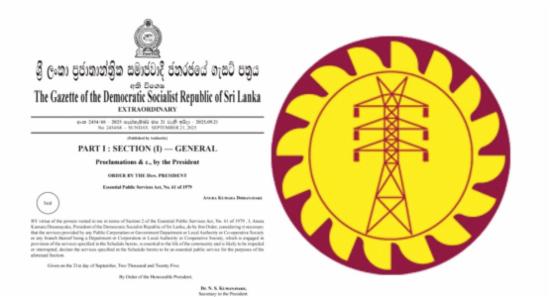
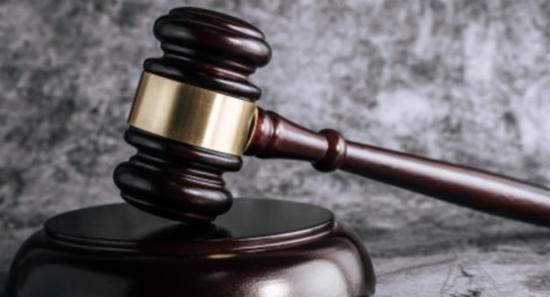
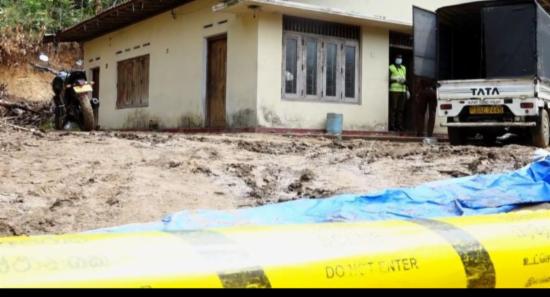

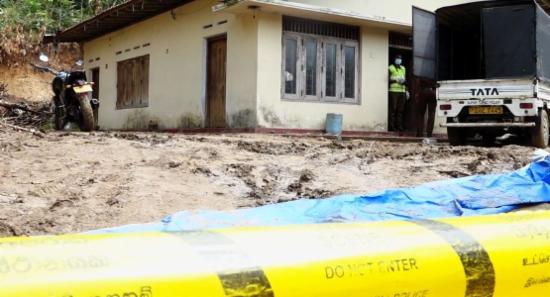
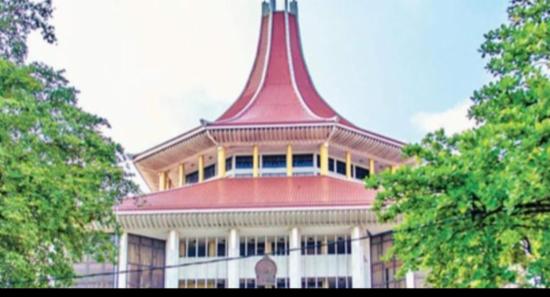



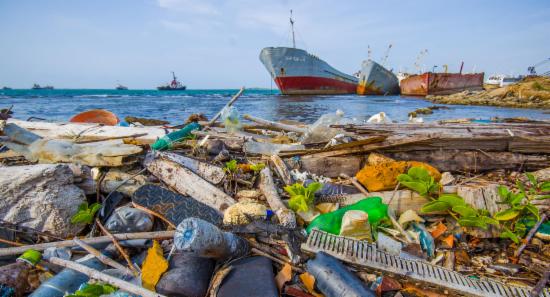

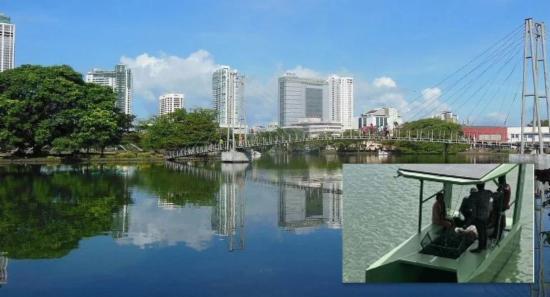


















.gif)